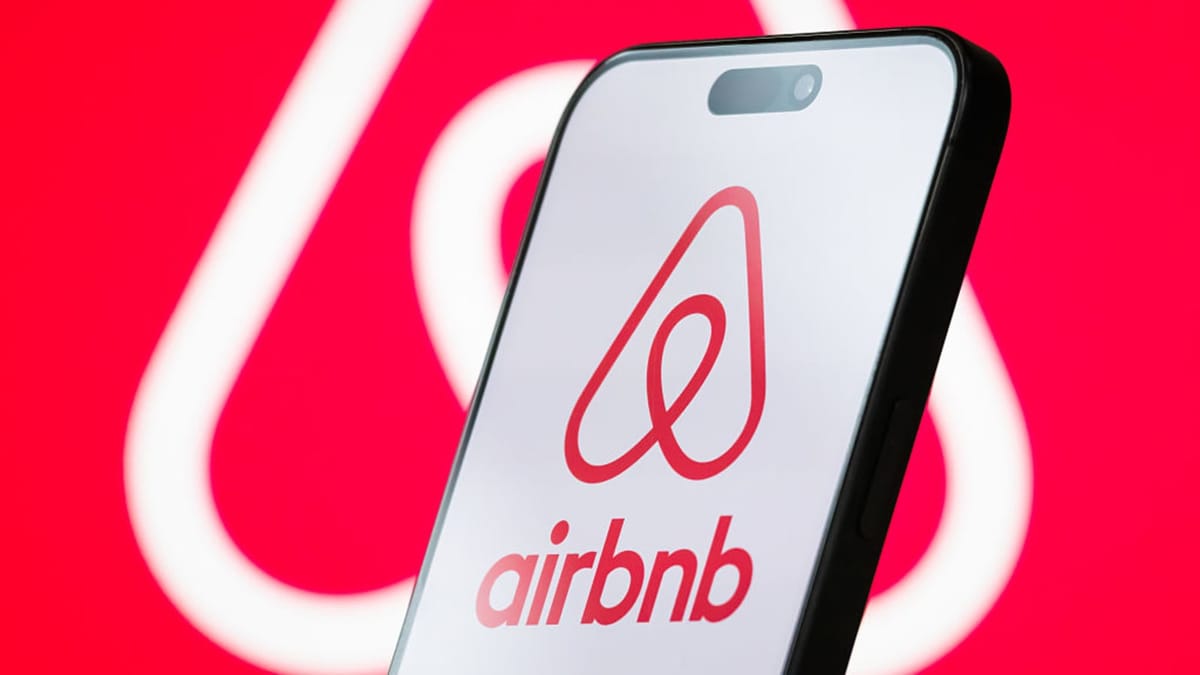Airbnb Exceeds Estimates in Q2, Sees More Robust Growth on the Horizon

Airbnb (NASDAQ: ABNB) reported higher-than-projected second-quarter earnings Wednesday, beating Wall Street estimates on revenue and profit, demonstrating the resiliency of the travel industry amidst a turbulent macroeconomic environment.
For the second quarter, Airbnb posted revenue of $3.10 billion, 13% higher than the $2.75 billion that was reported in the same quarter last year. This surpassed estimates of $3.04 billion by analysts, as per LSEG data. Earnings per share were at $1.03, above the forecasted 93 cents and an improvement from 86 cents in the previous year. Net income improved to $642 million, from $555 million in Q2 of 2024.
The firm credited the robust growth to a rebound in demand for travel, specifically between April and July, when both domestic and foreign bookings rose. Airbnb had 134.4 million nights and experiences reserved during the period, an increase of 7% compared to last year and above the 133.35 million predicted by analysts.
Moreover, the Gross Booking Value (GBV)—consisting of host income, service charges, cleaning fees, and taxes—hit $23.5 billion, topping experts' forecasts of $22.66 billion. The figure is an important benchmark of the total size of Airbnb's marketplace activity and highlights the platform's sustained worldwide appeal.
Even though the results were positive, Airbnb's stock fell 6% in after-hours trading, probably because of the overall market worries and profit-taking. Through Wednesday's close, Airbnb shares have fallen 0.7% for the year to date, even as the tech-laden Nasdaq has increased almost 10%.
In its letter to shareholders, Airbnb spoke to global economic uncertainty, such as geopolitical tensions and uncertainty fueled by the aggressive trade and tariff approach of U.S. President Donald Trump in the first part of the year. Still, the company highlighted that demand for travel among consumers was robust.
"Regardless of global economic uncertainty at the beginning of the quarter, travel demand rebounded, and bookings on Airbnb increased from April to July," the company stated.
Looking ahead, Airbnb forecasts Q3 revenue to land between $4.02 billion and $4.10 billion, slightly above the $4.05 billion analysts anticipated. This signals optimism for the upcoming travel season and a belief in continued momentum heading into the second half of the year.
As a strategic financial action, Airbnb revealed a new $6 billion Class A common stock share repurchase program. The company has already repurchased $1 billion in Q2 and had $1.5 billion of previously approved buybacks available as of June 30. This aggressive buyback strategy reflects long-term value confidence and is to return capital to shareholders.
FAQs on Airbnb's Q2 Earnings
Why did Airbnb's stock fall even after beating earnings estimates?
Even with solid fundamentals, investors might have responded to general market pressures, profit-taking, or a conservative forward-looking attitude. Moreover, high expectations and mild doubts regarding valuation can produce short-term pullbacks.
What is Gross Booking Value (GBV), and why is it important?
GBV is the total dollar amount of bookings booked on the Airbnb platform, including taxes and fees. It's an important measurement because it represents the overall size of transactions and the ability of Airbnb to generate revenue from its platform.
How did Airbnb fare versus analyst forecasts?
Airbnb beat forecasts across key metrics:
EPS: $1.03 (vs. 93 cents forecasted)
Revenue: $3.10B (vs. $3.04B forecasted)
Nights/experiences booked: 134.4M (vs. 133.35M forecasted)
GBV: $23.5B (vs. $22.66B forecasted)
What does the $6 billion stock repurchase mean for shareholders?
The share repurchase program lowers the number of shares outstanding, which can increase earnings per share and demonstrate confidence in the firm's long-term future. It's usually viewed as a shareholder-friendly action.
What's the forecast for Airbnb's third quarter?
Airbnb estimates Q3 revenue to be in the range of $4.02 billion to $4.10 billion, with a midpoint of $4.06 billion—slightly higher than analysts' expectations. This indicates the company believes travel demand will remain strong, particularly through the peak summer season.
Airbnb's second-quarter results show that consumer appetite for travel and experiences remains high despite economic uncertainty. With strategic share buybacks and optimistic projections, Airbnb looks well placed for sustained growth.



